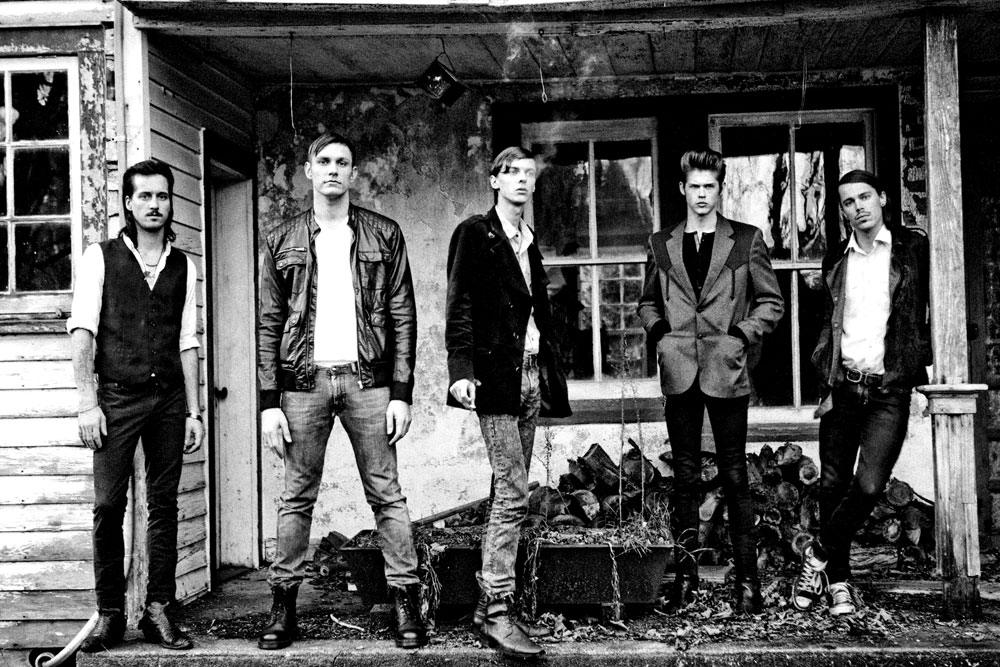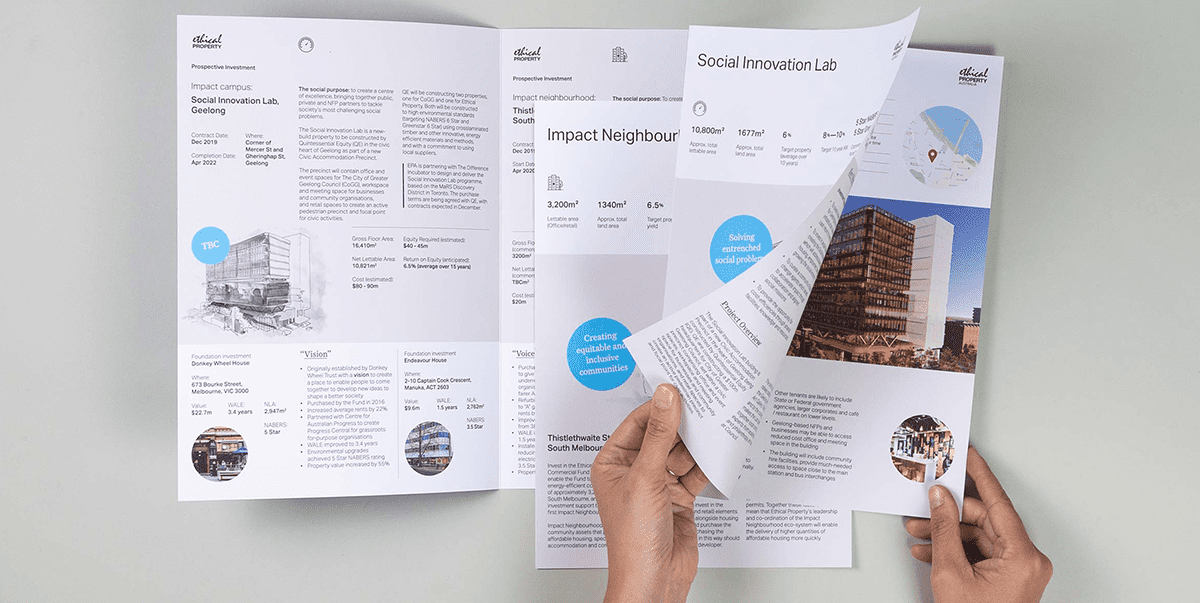
“The locality devoid of an institution for the promulgation of knowledge must be regarded as still in a state of barbarism” – Collingwood Observer, 1st May 1865
A couple of weekends ago, I was lucky enough to spend time browsing through thousands of dusty and dog-eared books, listening to talks by authors and academics and generally soaking up the bookish vibe at the 2015 Clunes Booktown Festival.
In between rustling through crates of novels to find my spoils, I sat in on a talk by Dr Anne Beggs-Sunter from Federation University entitled ‘Civic spaces in our community’.
As this history lecturer with a keen interest in Ballarat spoke about the area’s past, she kept on coming back to the core community hub: The Mechanics Institute.
The right to be educated
Mechanics’ Institutes began in Scotland in the early 1800s as a radical movement incorporating the ideals of self-help, adult education and hard work. In the 1800s in the UK, the word “mechanic” was a more general term meaning tradesman, craftsman, artisan, working man: the working class. The institutes held lessons to improve the skills and knowledge of the working class.
Mechanics’ Institutes were detested by the ruling classes, whose privileged position was threatened by the spread of knowledge. They not only feared that the masses might rise up and try to take over, but that their right to cheap labour would be compromised.
Nevertheless, the movement to progress and educate the labouring classes had unstoppable momentum, and 600-700 institutes were established during the 1800s in the UK.
A new, egalitarian Australia
When the new, free European settlers came to Victoria they brought with them reforming ideas about the new colony. Aristocracy was to be left behind in the old country and replaced by enthusiasm for moral and social elevation; a more egalitarian, democratic and intellectual existence.
Only six years after the first Institute in the UK, Hobart established the first Australian Mechanics Institute in 1827, followed by Sydney in 1833, Newcastle in 1835, Melbourne and Adelaide in 1839, Launceston in 1842, Brisbane in 1849 and Perth in 1851.
Institute libraries and classes were set up and eagerly attended. The opening of new institutes were grand community events. The institutes were a central part of community life, and quickly became much bigger than their humble beginnings. Men and women from the emerging middle class attended classes, lectures (including lectures from the likes of Mark Twain), museum and art exhibitions, dances and borrowed from the growing book collections. By the 1890s there were a total of 2,147 Mechanics Institutes in Australia.
A branding challenge
Mechanics institutes were the first adult education schools, libraries and public halls in Australia and sometimes called ‘poor man’s universities’ or ‘workingman’s colleges’.
As time went on, many of the original buildings were reinvented time and time again: as schools, community halls, museums and back to community halls. But many of the institutes took the natural path to becoming public libraries and still stand today.
Given their birth as a great equalising tool and a place of true social progression, libraries were tipped to be a central part of our community. A place to meet, learn, create, read, research and engage. A place separate to a university, where everyone in the community had equal rights and the means to pursue learning and community connection.
Libraries have, however, had to contend with changing technologies, changing social structures and habits and ever-decreasing government funding. This has resulted in their slip away from the centre of the community, an identity crisis and a branding challenge.
A new revolution
From where I stand, the revolution isn’t over.
Now, most libraries offer free wi-fi, free use of computers for job searching, research and connecting to loved-ones outside of your city or town, a huge selection of books and e-books, DVDs, children’s programs, adult and children’s reading groups, guided study groups for high school students, visiting author talks, spaces to meet and even 3D printers in some.
Libraries are still a great equalizing tool, offering areas of even lowest socio-economic status, a place to learn, improve and connect.
Establishing the place of libraries in current society is a branding challenge. Libraries need to modernize their message but at their core they are still as those first Mechanics Institutes: a powerful self-improvement revolution.

